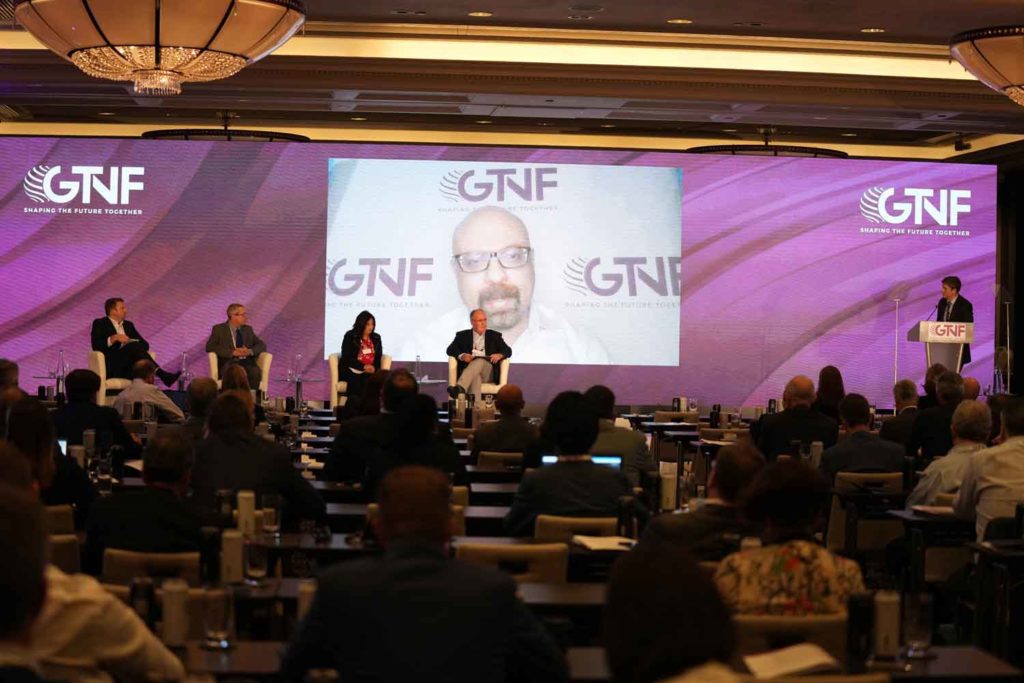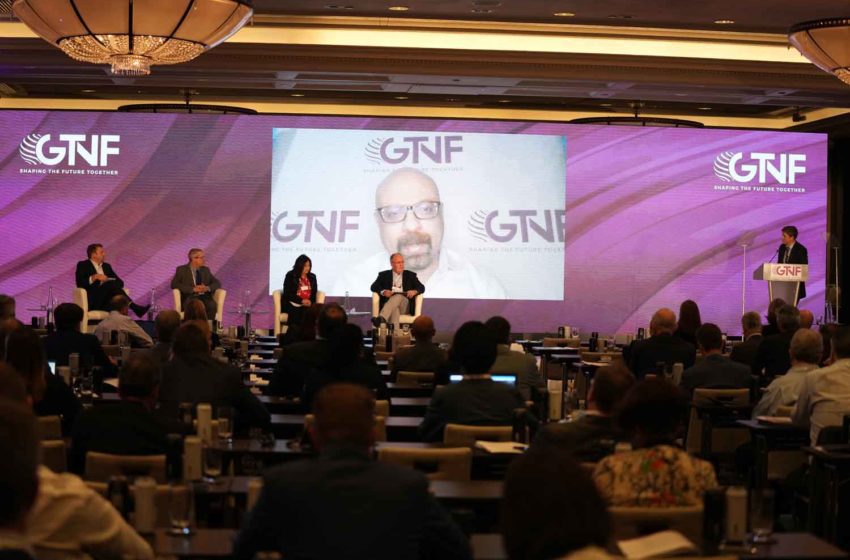
For many people, the threats they face in day-to-day life are far more immediate than their long-term health. The mission of harm reduction should be to empower people to make their own choices about what products they consume and their own health decisions, even if those decisions don’t align with what public health experts would say is optimal. This was the general focus during a plenary panel discussion at the GTNF called Consumers: The Key Stakeholders.
Most of the session centered consumers standing up and advocating for the industry, the global attacks on flavored e-liquids and growing threats from the World Health Organization (WHO), which remains suspicious of tobacco harm reduction. Panelists agreed that while some consumers prefer to remain on the sidelines, many others are willing to get organized and campaign for tobacco harm reduction and the vaping industry. “The consumer voice is very powerful,” a panelist said.
A major concern for the vaping industry is the concerted campaign against flavors. Flavors, according to one panelist, are used to by the industry’s enemies to redirect the conversation toward children. “They’ll say vaping flavors attracts children, and then they get us to play in their playground,” he said. “It’s very different. You [consumers] have got to keep asserting that adults use flavors.”
The WHO is a threat no matter what, the panel agreed. The global health body is now even talking about redefining smoke to include anything that’s heated and emits a vapor. “This means that any customizability of a product will be restricted and have limits on it, which basically means all the vape products will be the same,” explained one panelist. “These [recommendations] have to be resisted. The WHO doesn’t make laws, but it’s very influential, and these things can’t just be waved away.”
The scientific studies the WHO uses to justify its negative view toward next-generation products as tools for harm reduction are “fantasy and cherry-picked” studies, according to another speaker. “The people who are against harm reduction will never sleep. They’re always working, and they’re highly funded,” a panelist said. “[Consumers] have to stay alert, and they have to stay organized because, at the end of the day, there are more consumers than there are activists against harm reduction, and we’ll vote. So, consumers really have a big role to play.”
Consumers are the key stakeholders. However, when talking about consumers, regulators must acknowledge that not every smoker is the same, according to the panel. Many smokers don’t want to quit combustibles. “The important thing is to understand why and respect their choice,” a panelist said.
One speaker said that the industry also needs more responsible vape reviewers on YouTube because the current ones “are absolutely appalling.” The speaker urged consumers to make their voices heard in politics. “You’ve got to have somehow to get ahold of your Parliamentarians or your politicians in your country and get them to campaign on your behalf because there are many, many consumers, but you haven’t got great voice in government, and that’s what you really need to try and get,” he said.
At the end of the session, an audience member asked the panel if it could see a situation where consumers would sue regulators over counterproductive rules, such as flavor bans. “I have mentioned the fact that it would be interesting if someone could do a test case, but I don’t know whether that someone could come from the consumer side and sue [over regulatory action],” the panelist said. “It’s also expensive, and someone will end up having to pay if you lose.”

